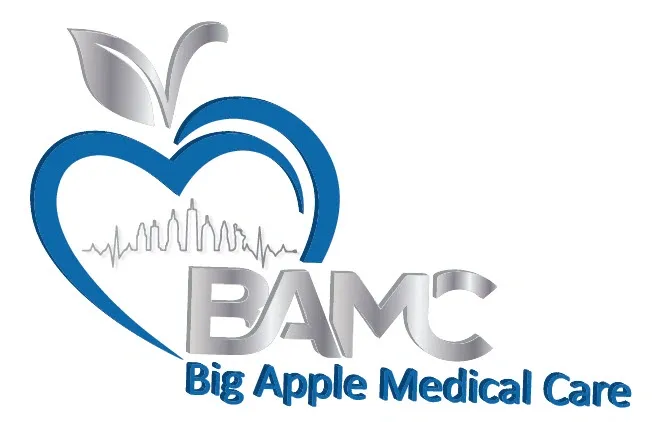Preventive Care: Protect Your Health with These Essential Steps

When it comes to health, the old saying “an ounce of prevention is worth a pound of cure” couldn’t be more accurate. Preventive care is about taking proactive steps to prevent diseases and maintain your health. It’s a holistic approach that includes regular check-ups, a healthy lifestyle, and staying informed about your health.
What is Preventive Care?
Preventive care refers to measures taken to prevent illnesses rather than treating them after they occur. It’s essential because it helps you catch potential health issues early, often before they become serious problems. By investing in preventive care, you’re investing in a healthier future.
There are several types of preventive care, including primary, secondary, and tertiary prevention. Primary prevention aims to prevent disease before it occurs, secondary prevention focuses on early detection and intervention, and tertiary prevention aims to manage and reduce complications of established diseases.
Benefits of Preventive Care
The health benefits of preventive care are substantial. Regular health screenings can detect diseases like cancer, diabetes, and heart disease early, when they’re easier to treat. Vaccinations prevent infectious diseases, and healthy lifestyle choices reduce the risk of chronic conditions.
Preventive care isn’t just good for your health; it’s also cost-effective. By preventing diseases or catching them early, you can avoid costly treatments and hospitalizations. Investing in preventive care can save you money in the long run.
Key Components of Preventive Care
Regular health screenings are a cornerstone of preventive care. They help detect potential health issues before they become serious.
High blood pressure is a silent killer. Regular checks can help manage it before it leads to more severe conditions like heart disease or stroke. High cholesterol levels can increase your risk of heart disease. Regular tests can help you manage your cholesterol and keep your heart healthy. Screenings like mammograms, colonoscopies, and pap smears can detect cancer early when it’s most treatable.
Vaccinations are a crucial part of preventive care. They protect you from many infectious diseases. Childhood vaccinations protect children from diseases like measles, mumps, and whooping cough. Adults need vaccines too, like the flu shot and vaccines for shingles and pneumonia.
Adopting healthy lifestyle choices is another key component of preventive care. Eating a balanced diet rich in fruits, vegetables, whole grains, and lean proteins can boost your health and prevent diseases. Regular physical activity helps maintain a healthy weight, strengthens your heart, and improves overall well-being. Avoiding smoking, excessive alcohol consumption, and other harmful behaviors is vital for long-term health.
How to Implement Preventive Care in Your Life
Make regular appointments with your healthcare provider for check-ups and screenings. It’s the best way to stay on top of your health. Educate yourself about your health. Know your family medical history and stay updated on the latest health guidelines and recommendations. Work with your healthcare provider to create a personalized health plan that includes regular screenings, vaccinations, and lifestyle changes. Take advantage of resources like health workshops, fitness programs, and community health services.
Common Myths About Preventive Care
Many people think preventive care is costly, but it’s often covered by insurance, and the cost is much lower than treating advanced diseases. Feeling healthy doesn’t mean you’re free of underlying issues. Preventive care can catch problems before symptoms appear. Preventive care is important for people of all ages. Starting early can lead to a healthier life.
The Future of Preventive Care
The future of preventive care is bright, with advancements in technology making early detection and personalized care more accessible. Personalized medicine, based on genetic information and individual health data, is the next frontier in preventive care.
Conclusion
Preventive care is about taking charge of your health and investing in your future well-being. By incorporating regular screenings, vaccinations, and healthy lifestyle choices into your routine, you can protect yourself from many health issues. Remember, your health is your most valuable asset—take care of it proactively.
At Big Apple Medical Care, we’re here to help you solve your health issues and guide you on the path to a healthier, happier life. Contact us today to learn more about our preventive care services and how we can support your health journey.







